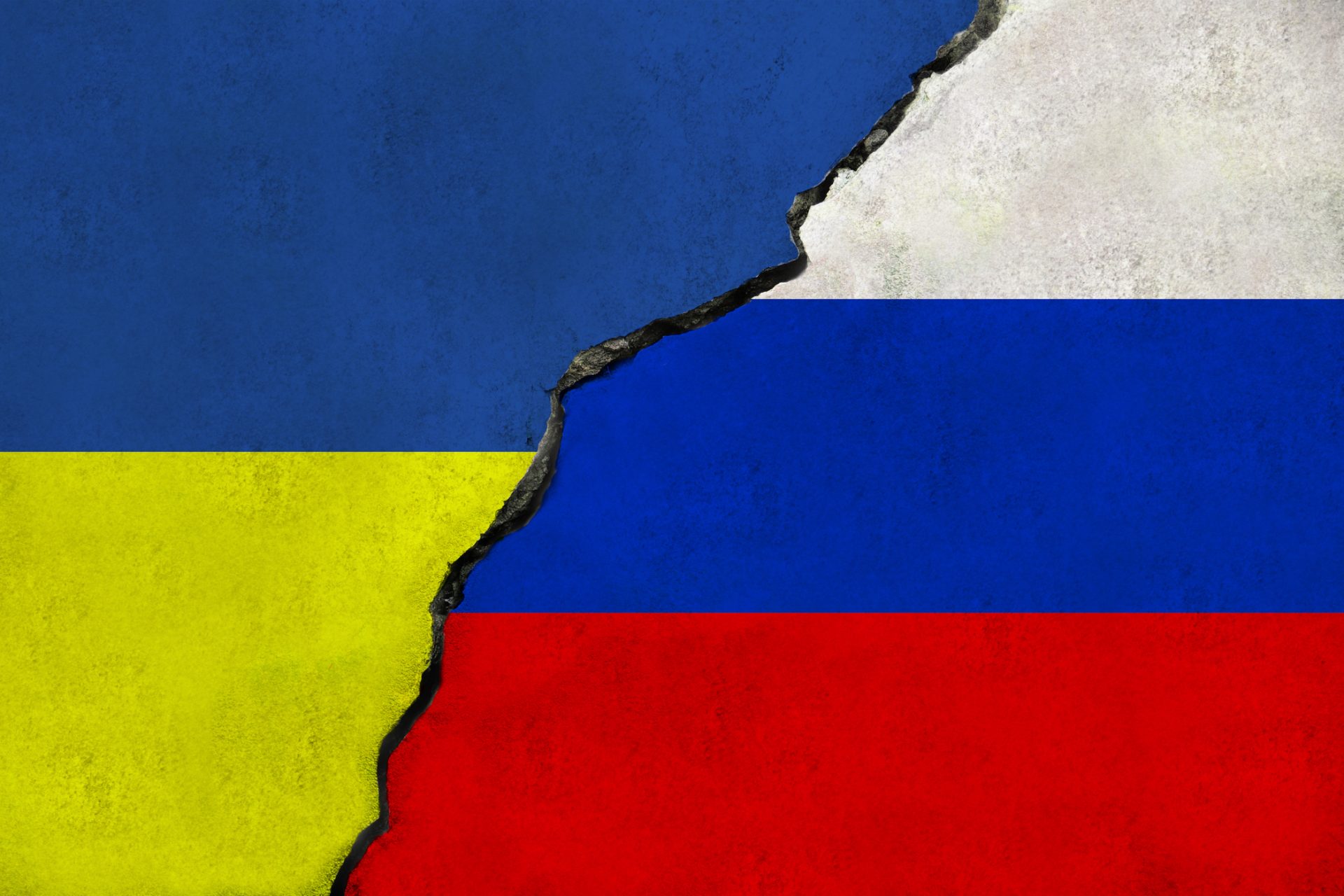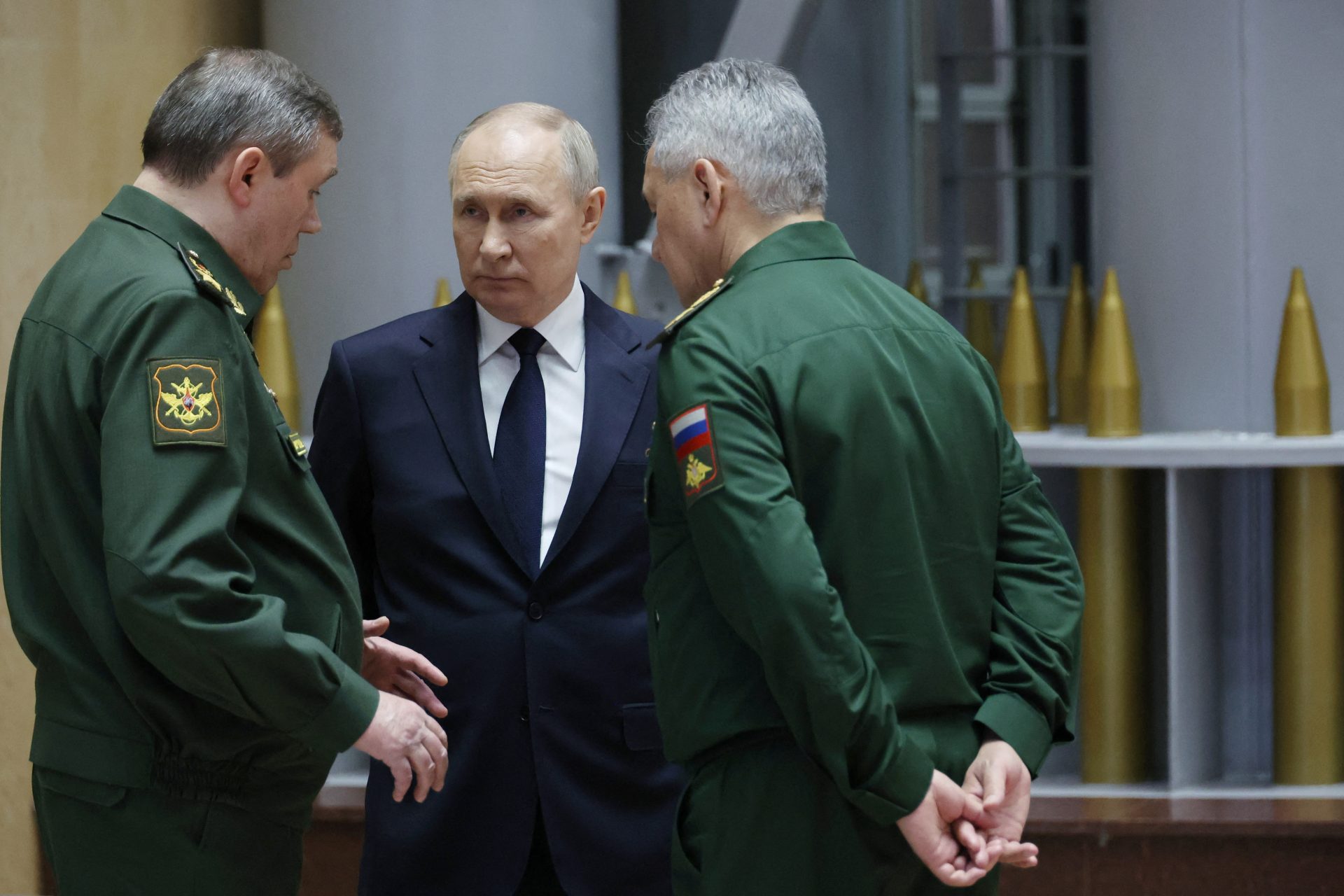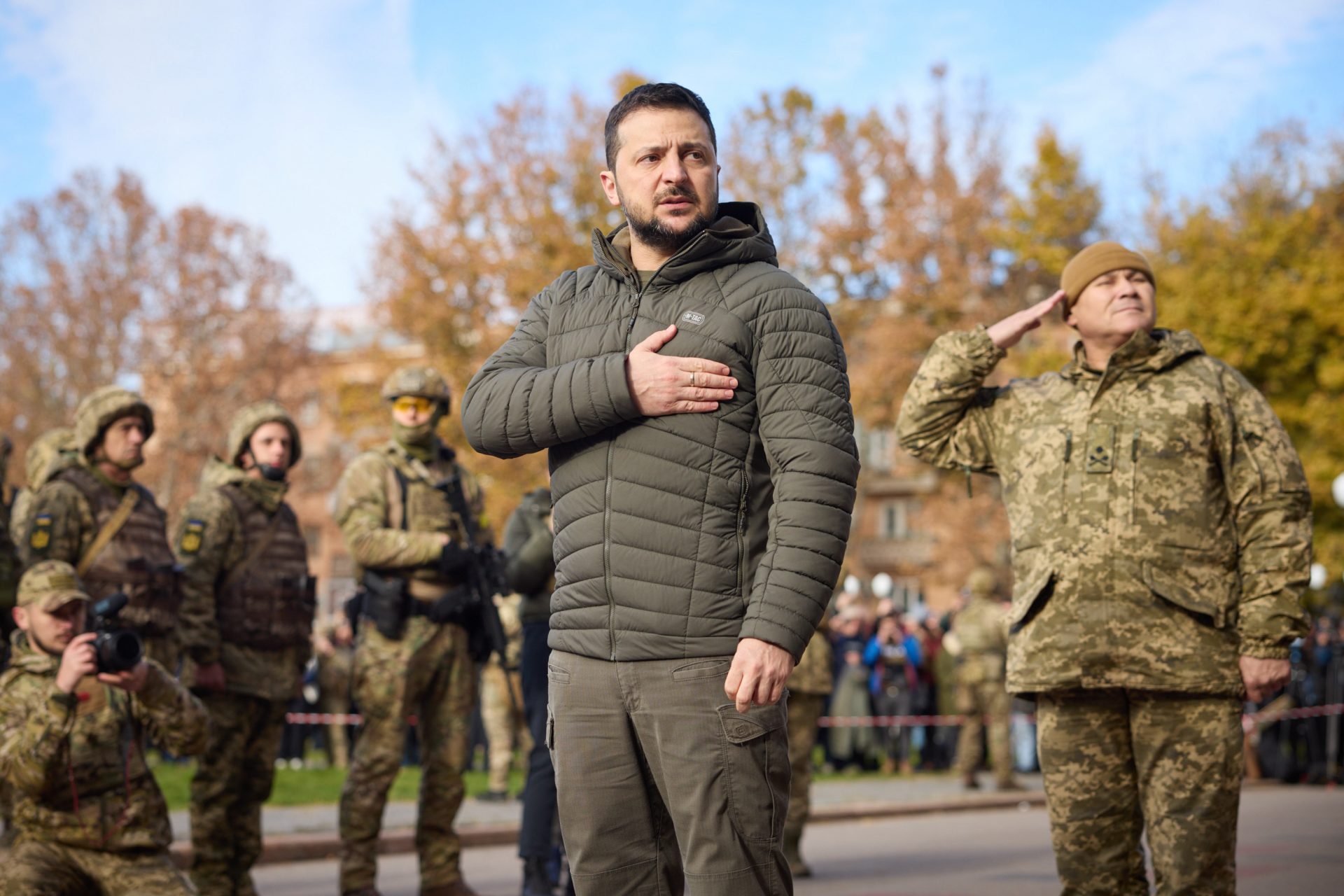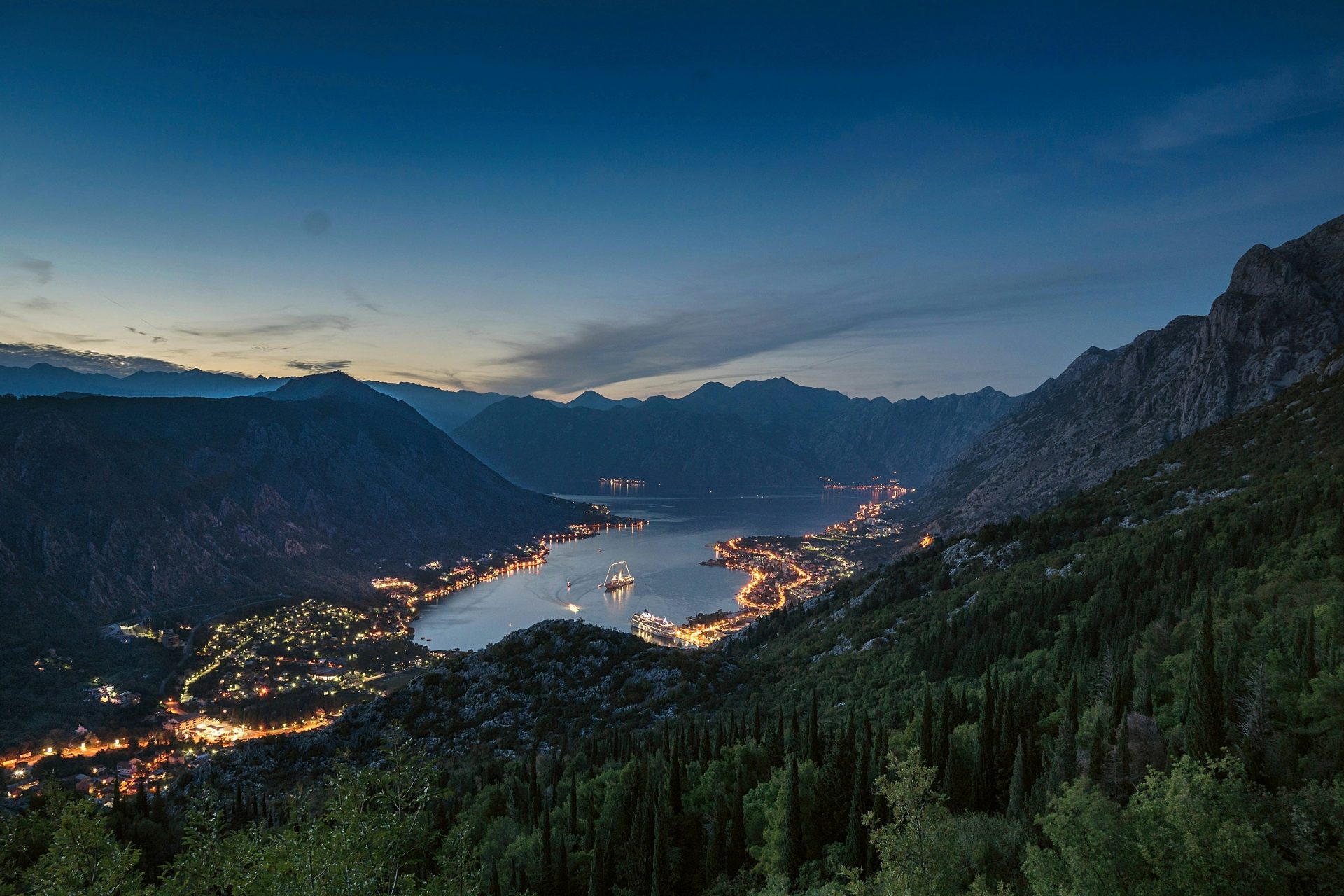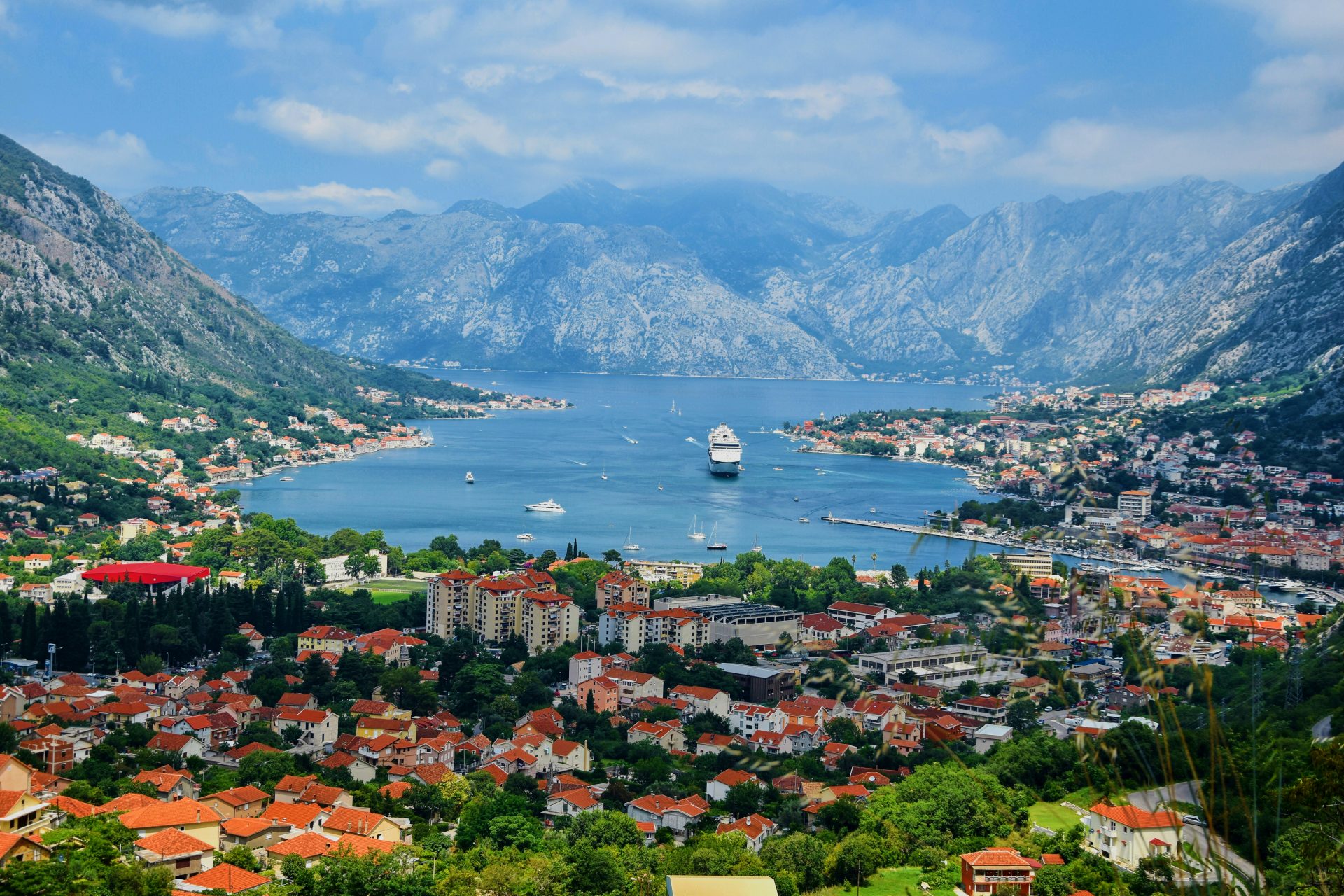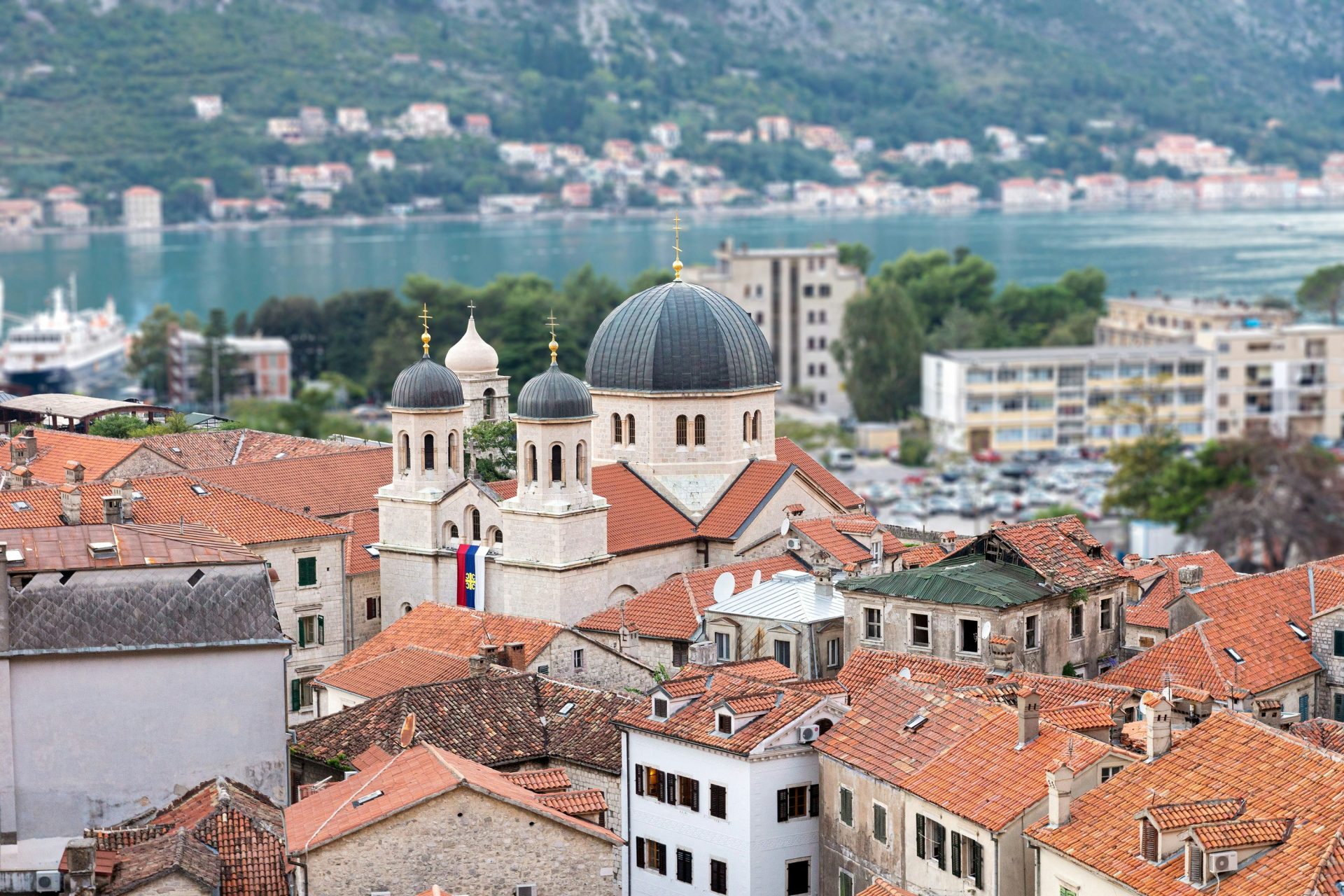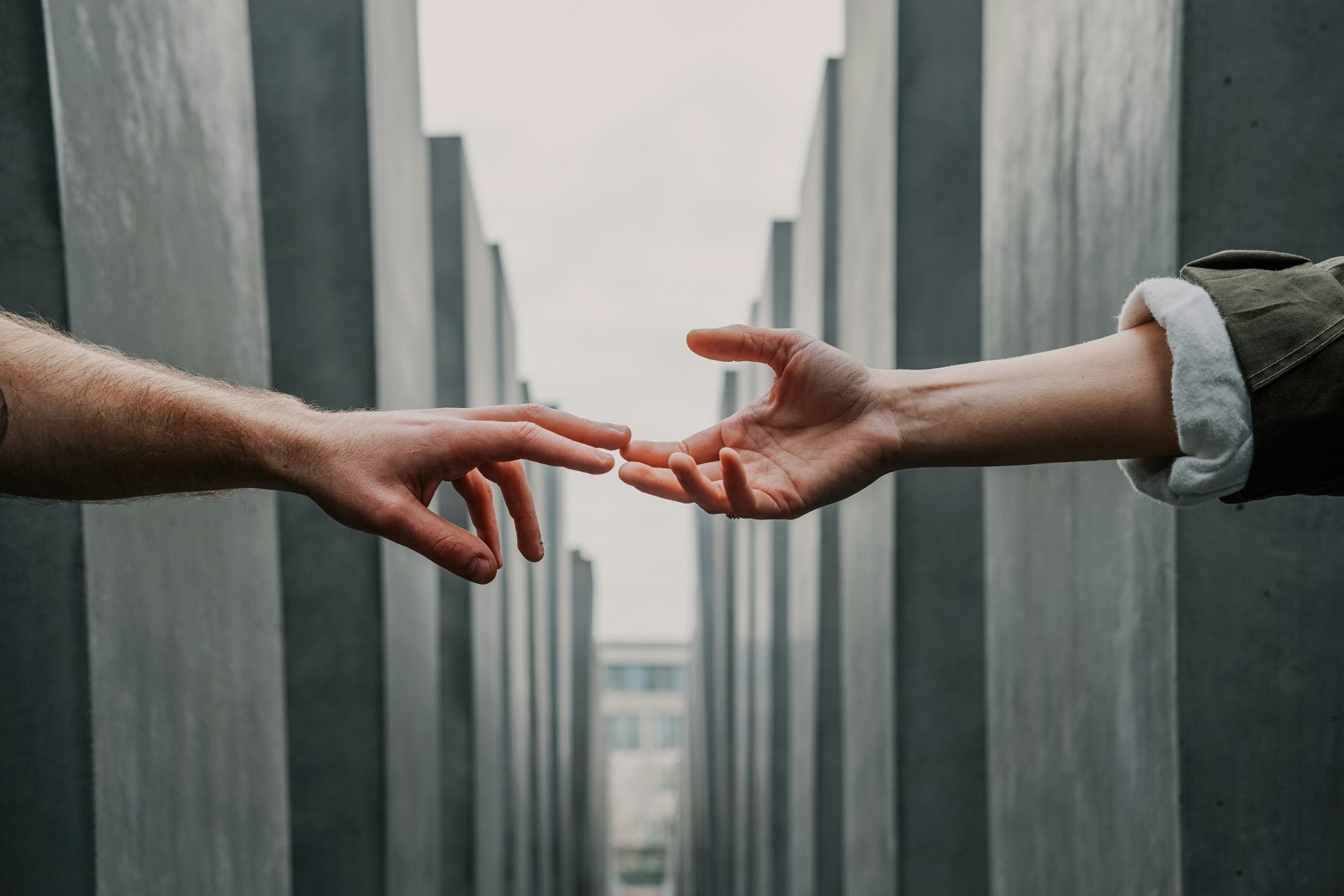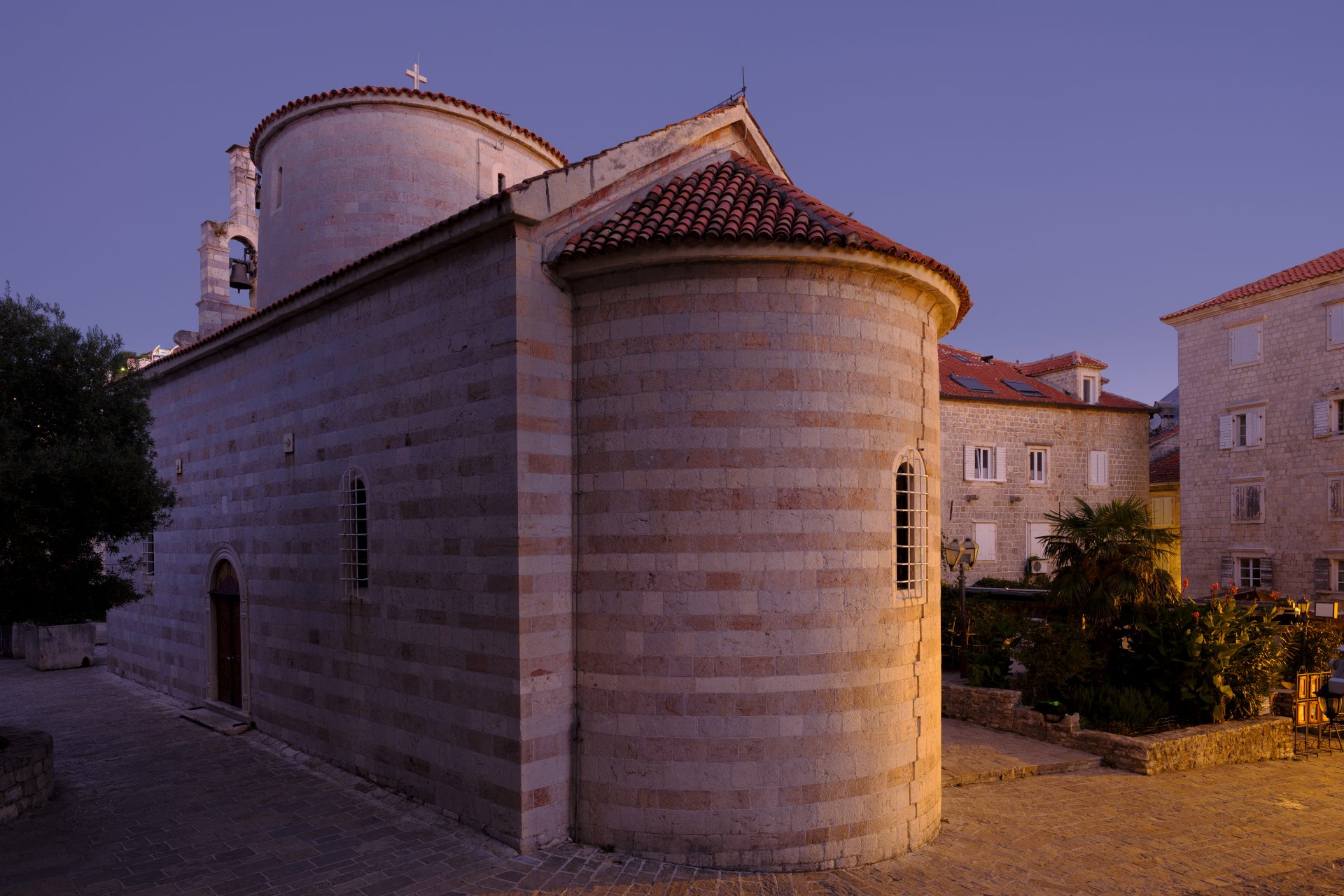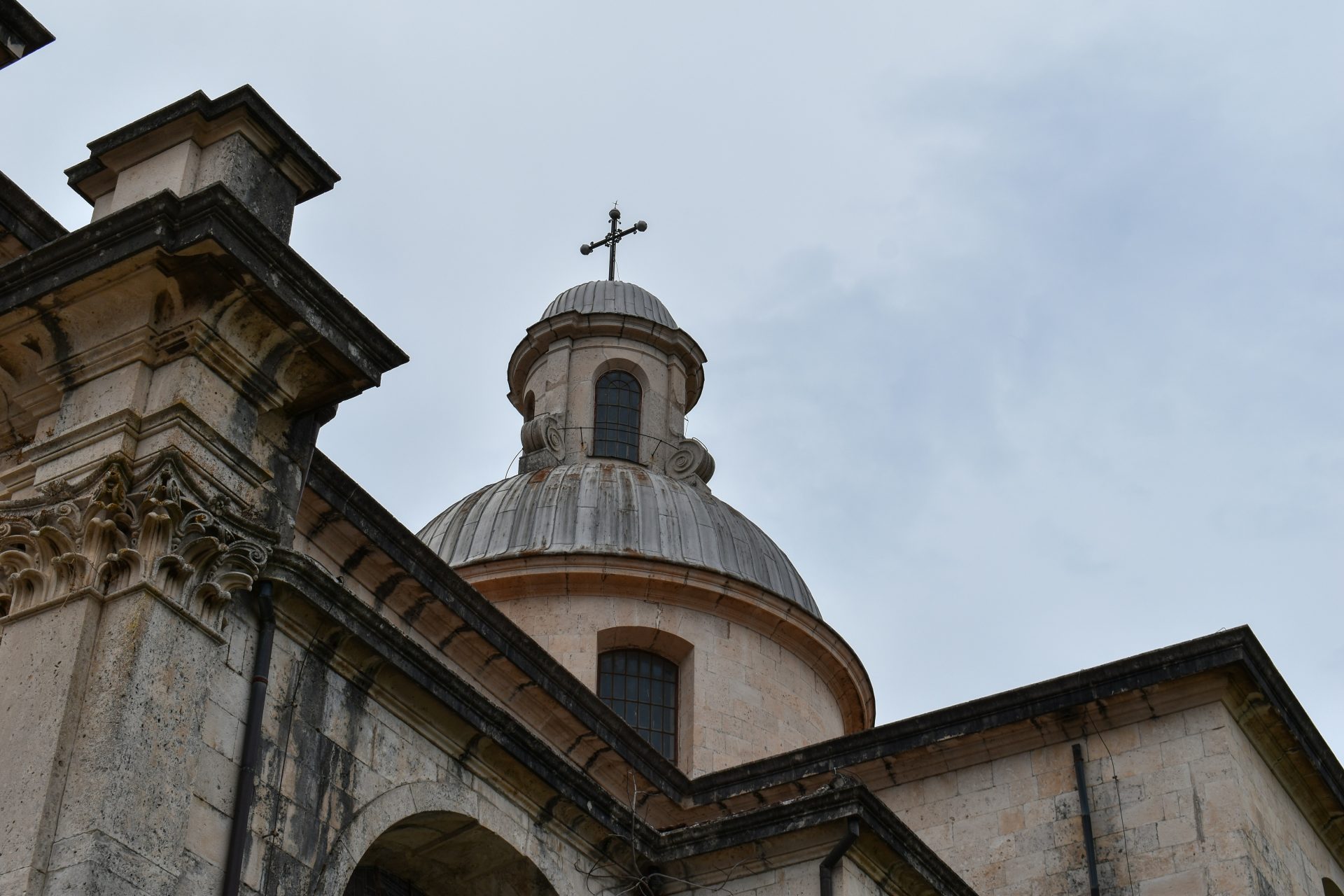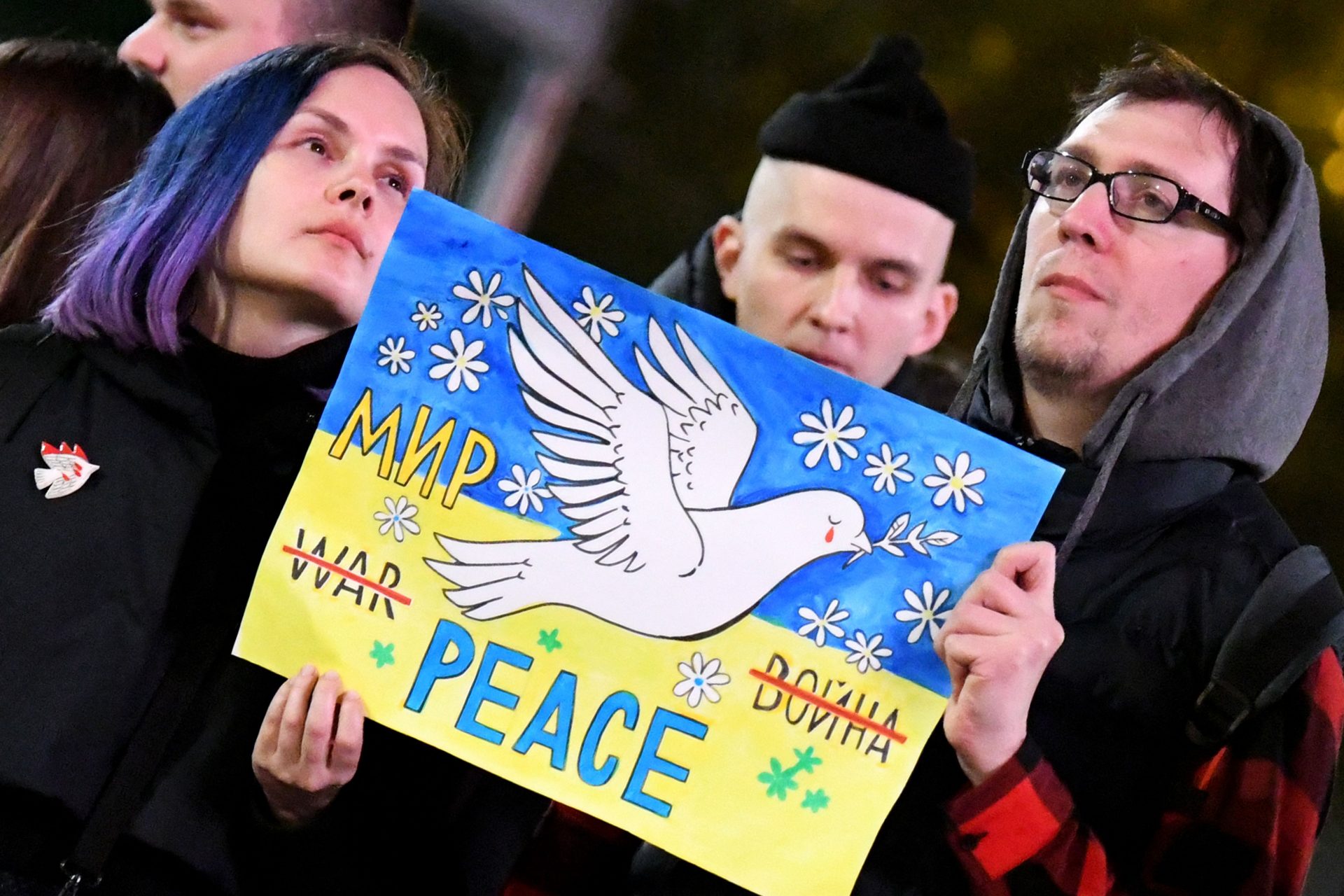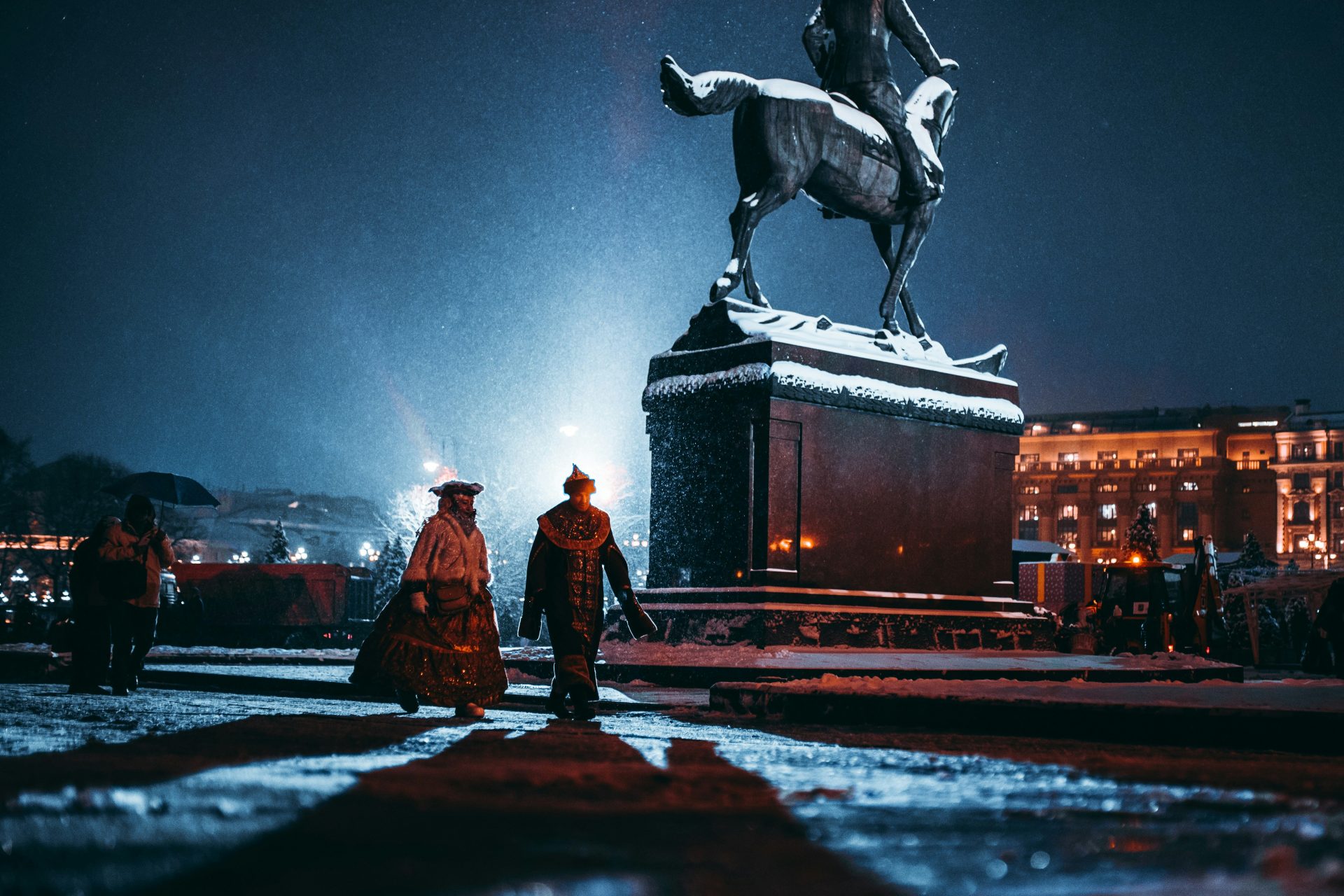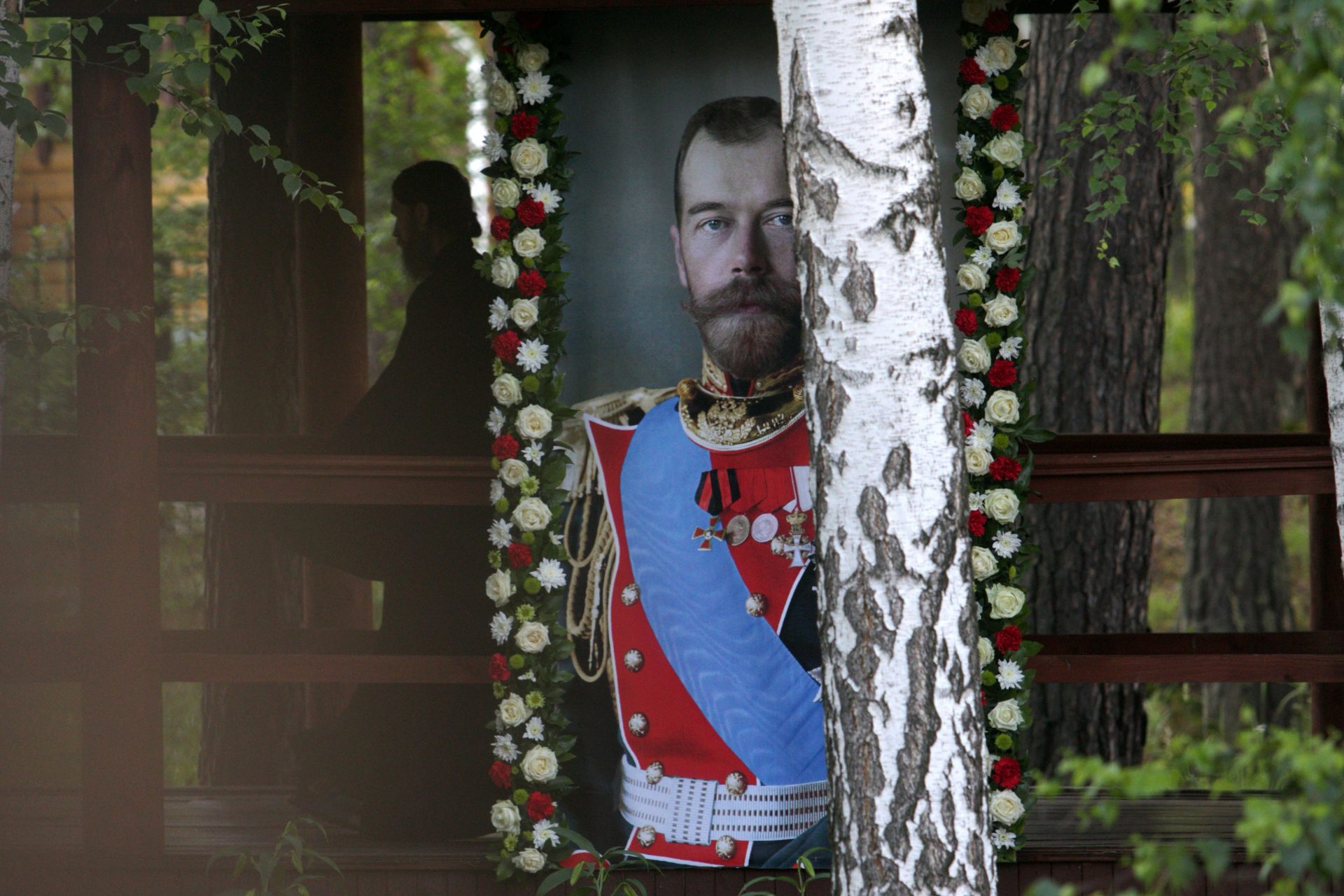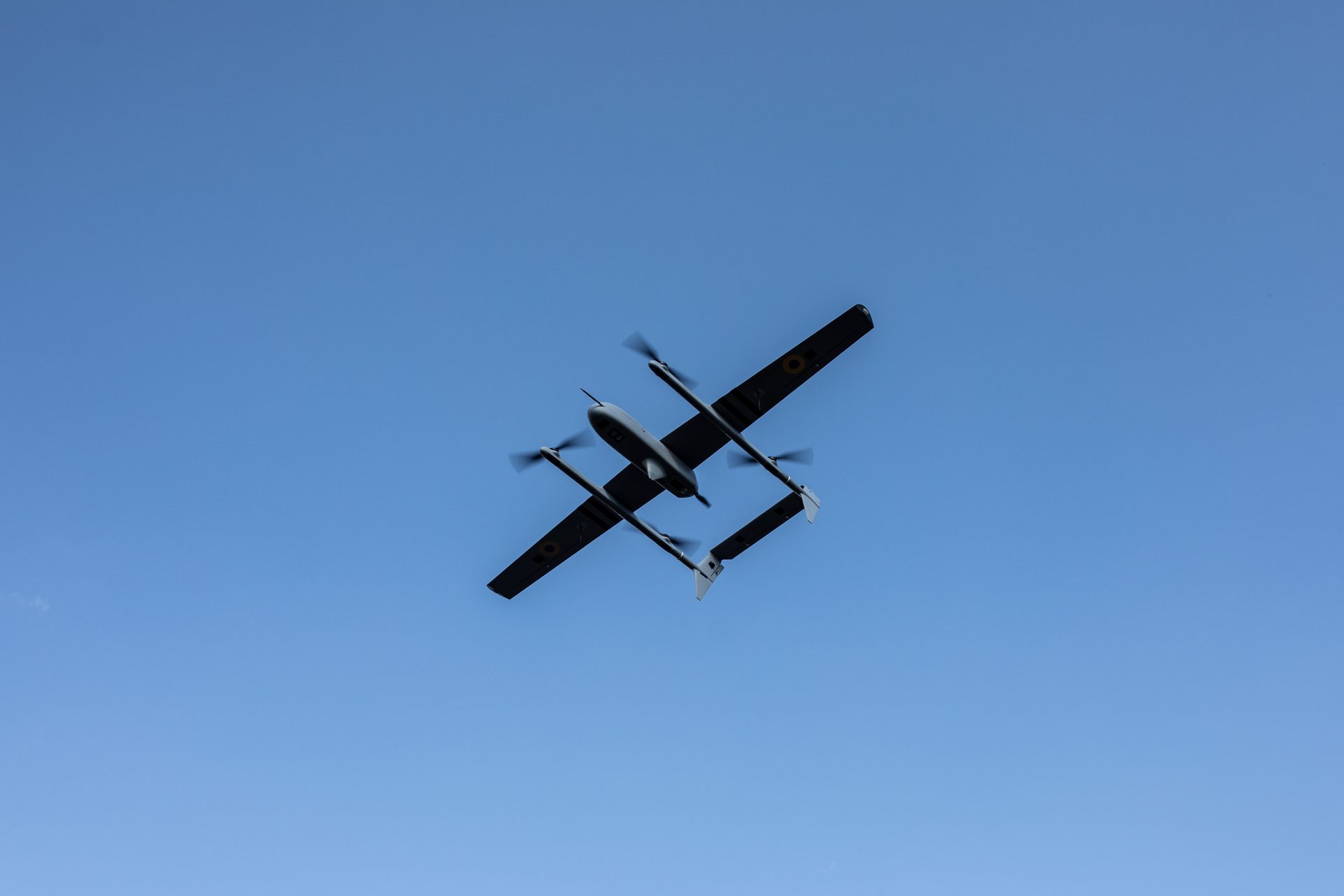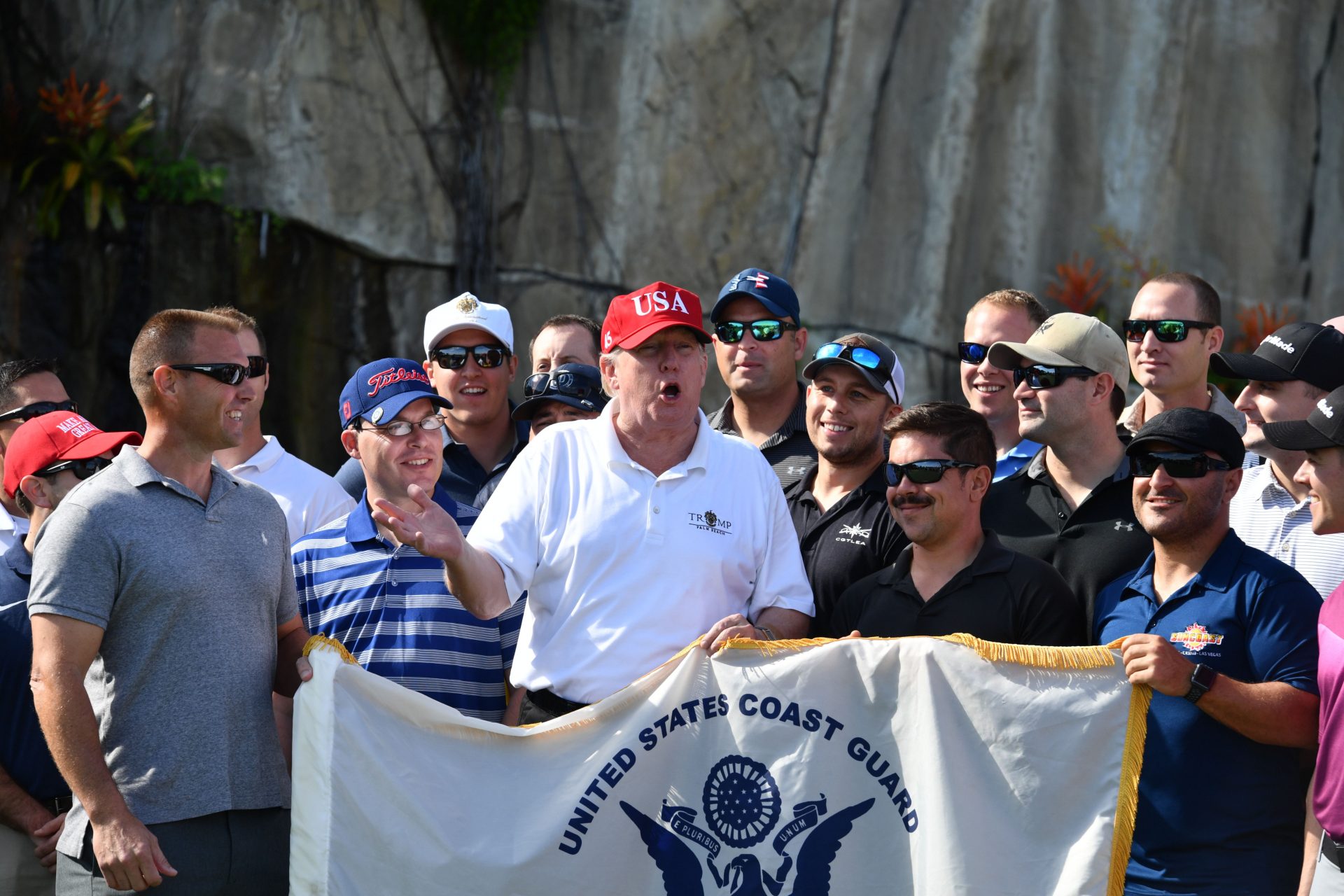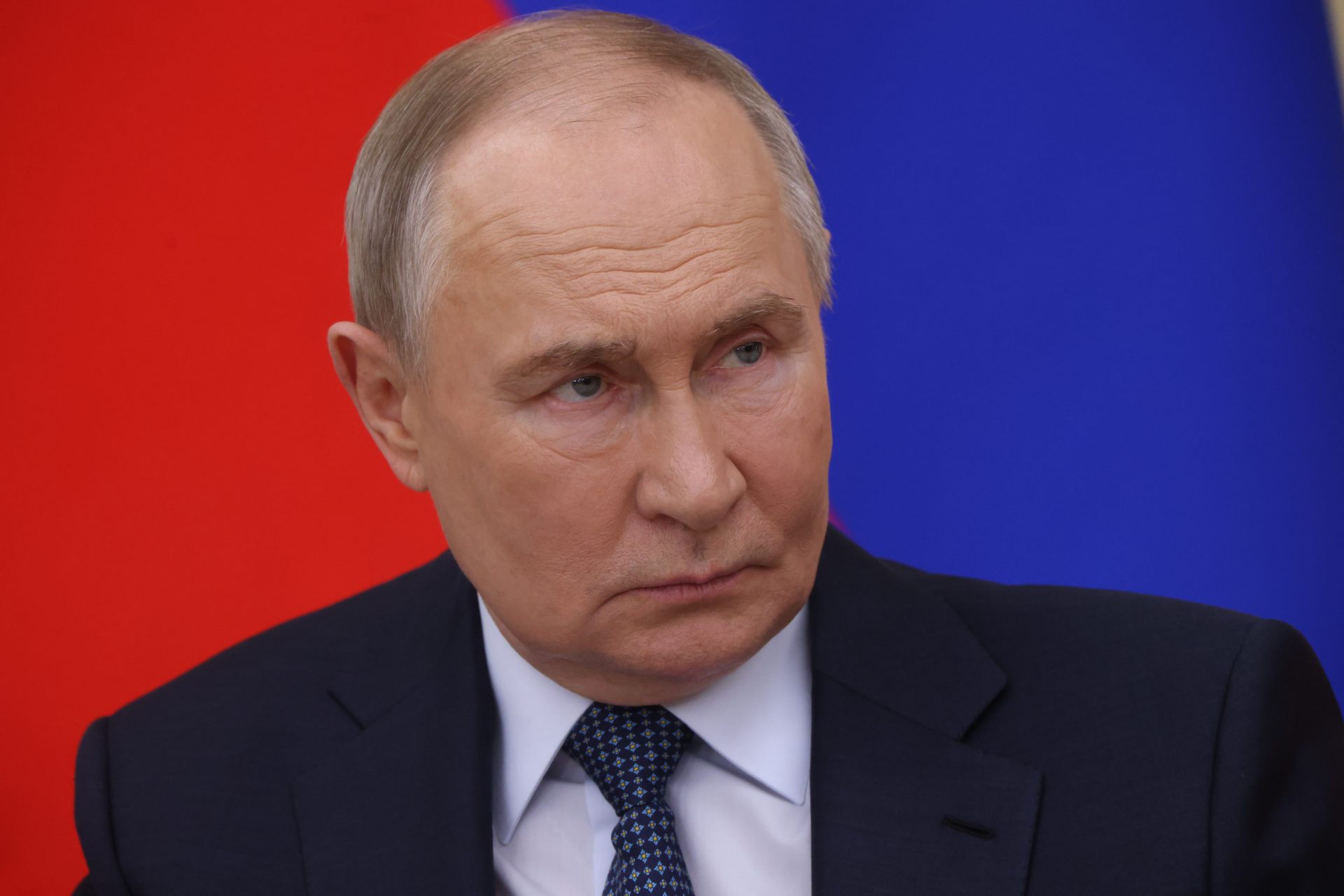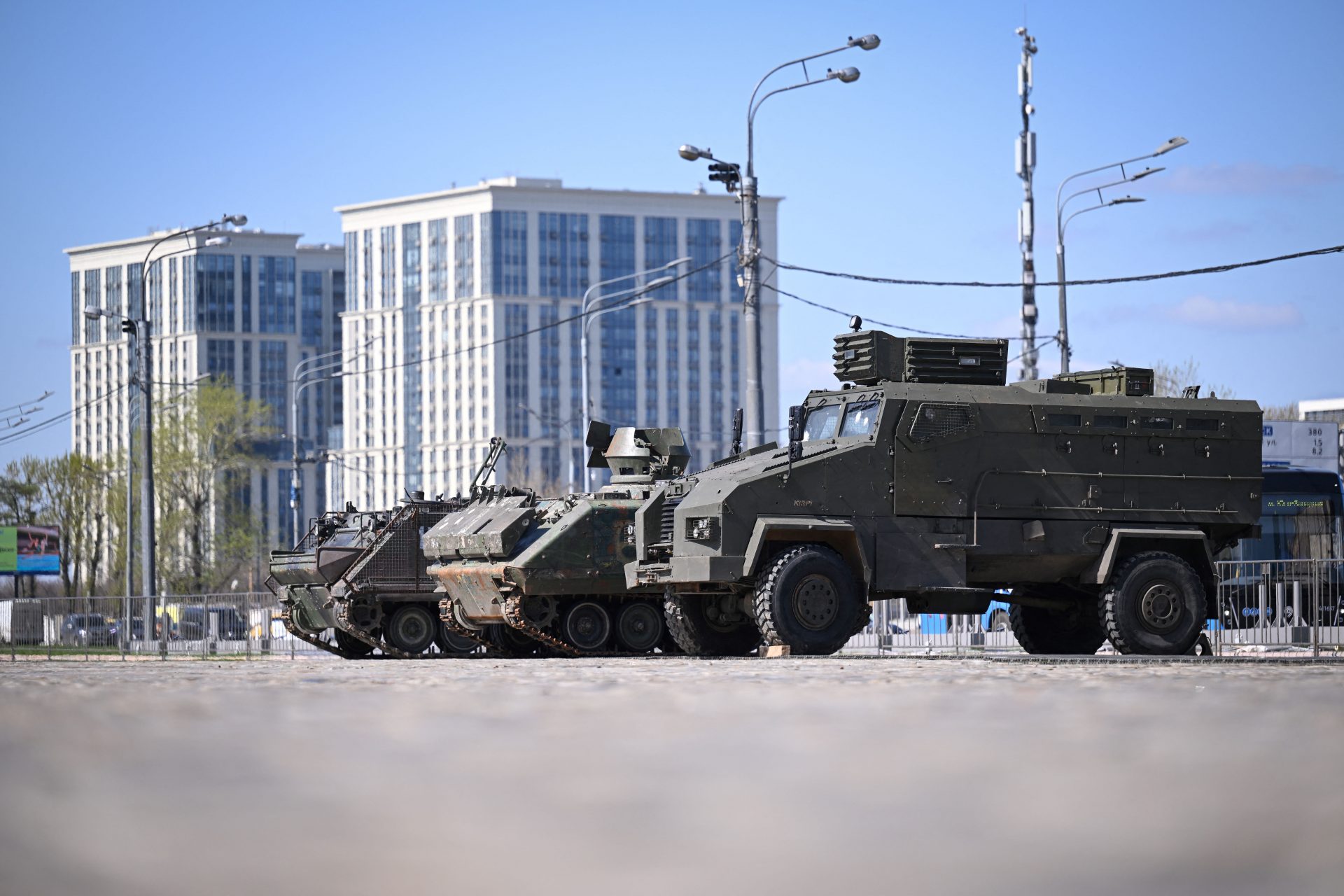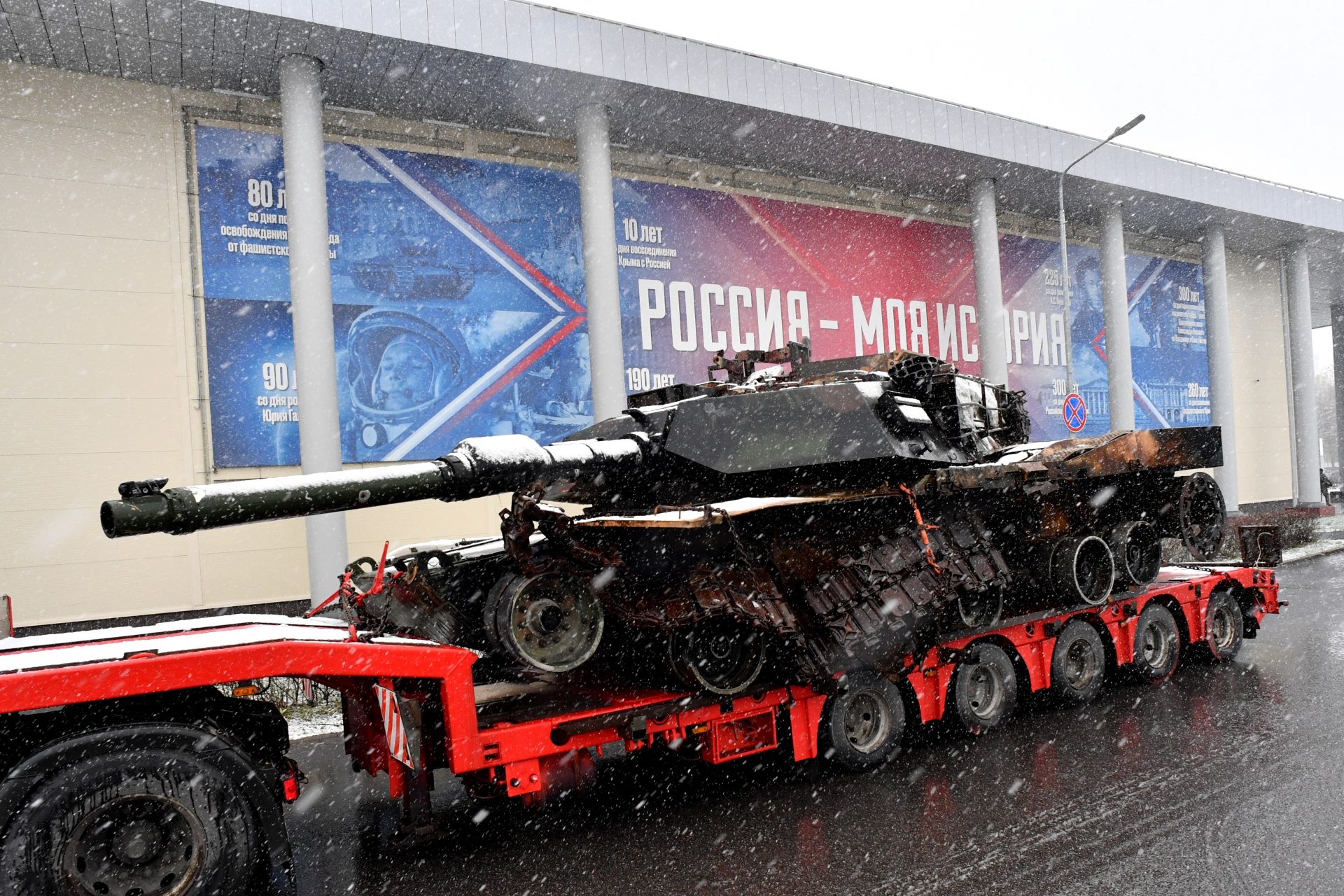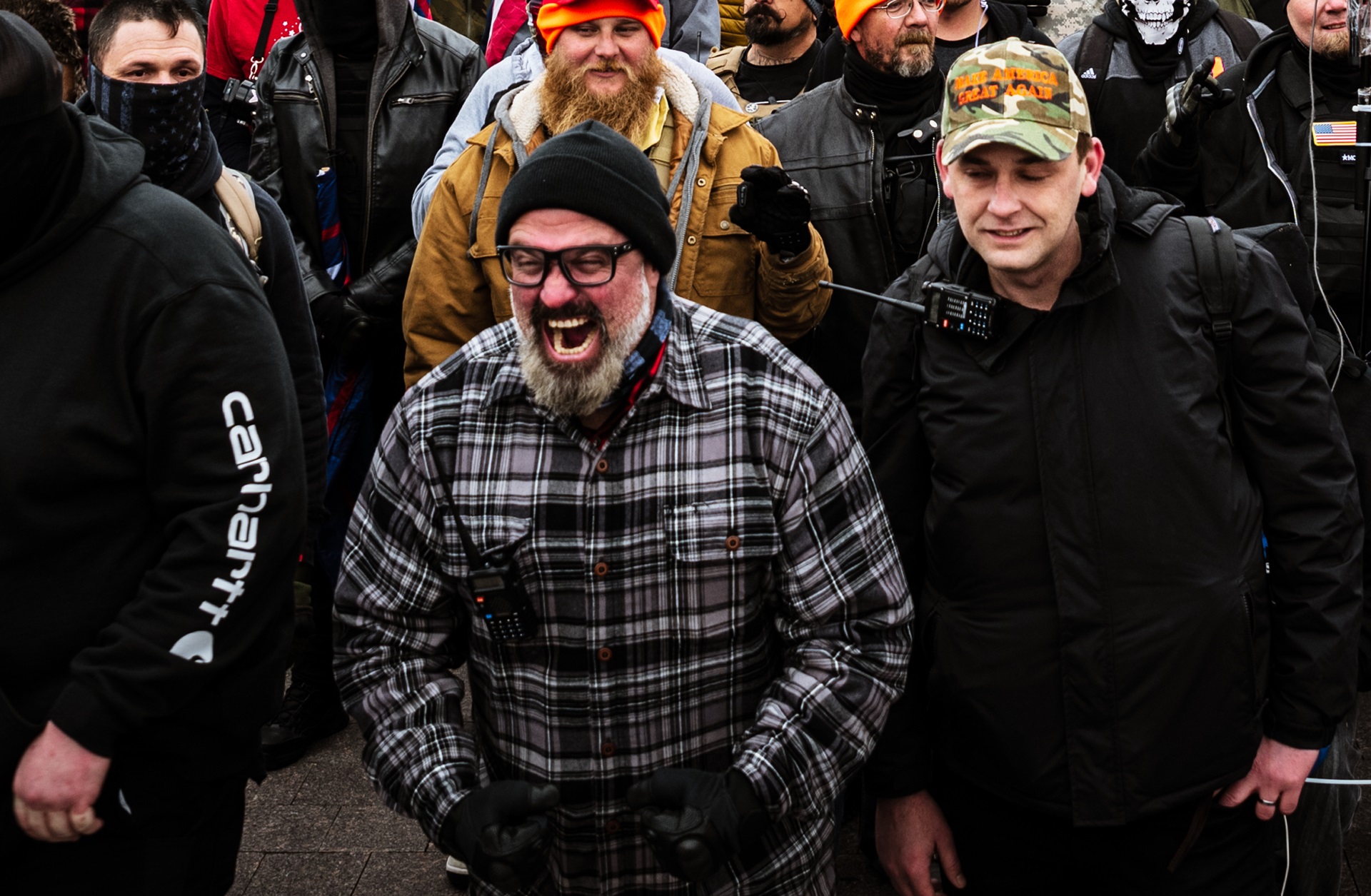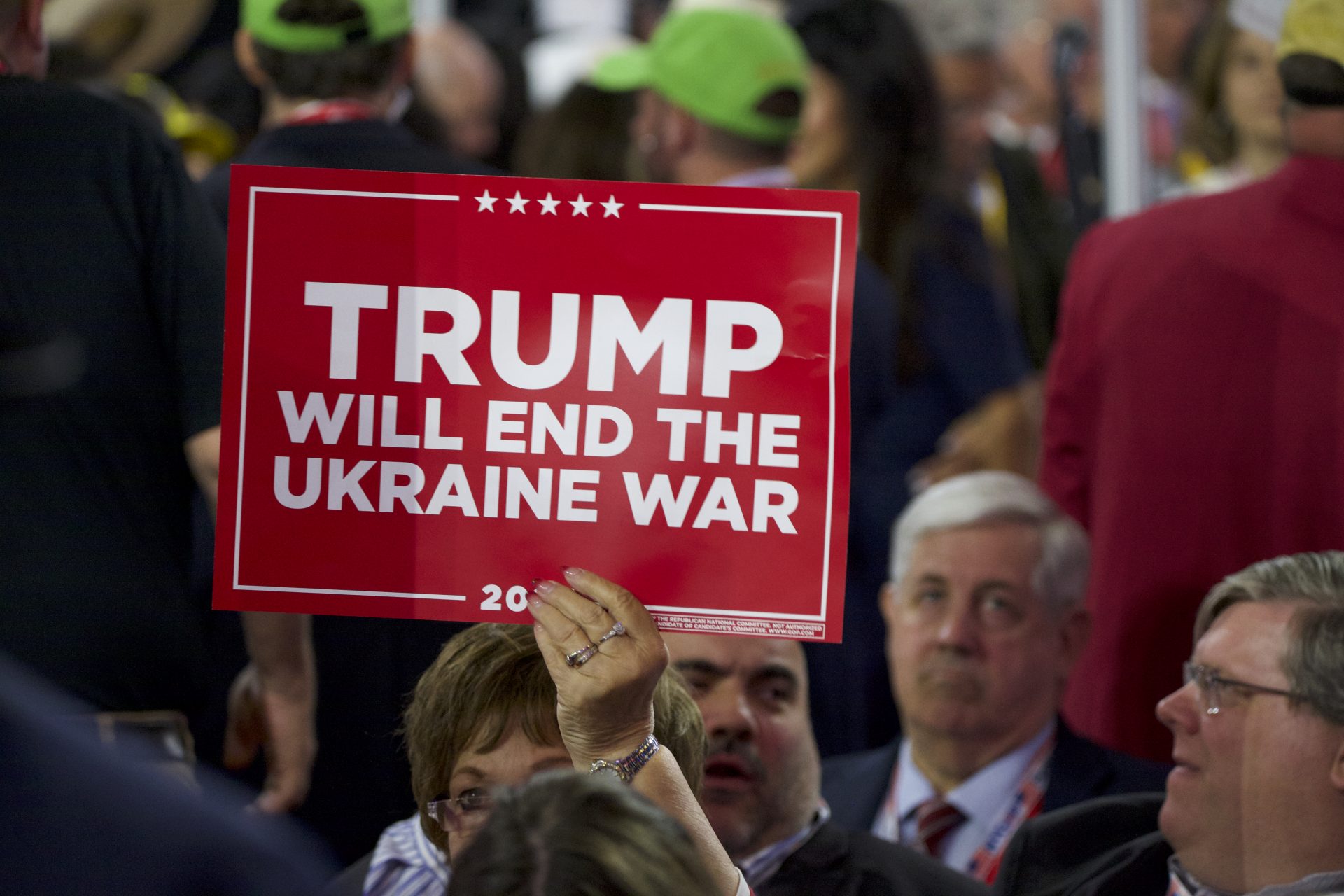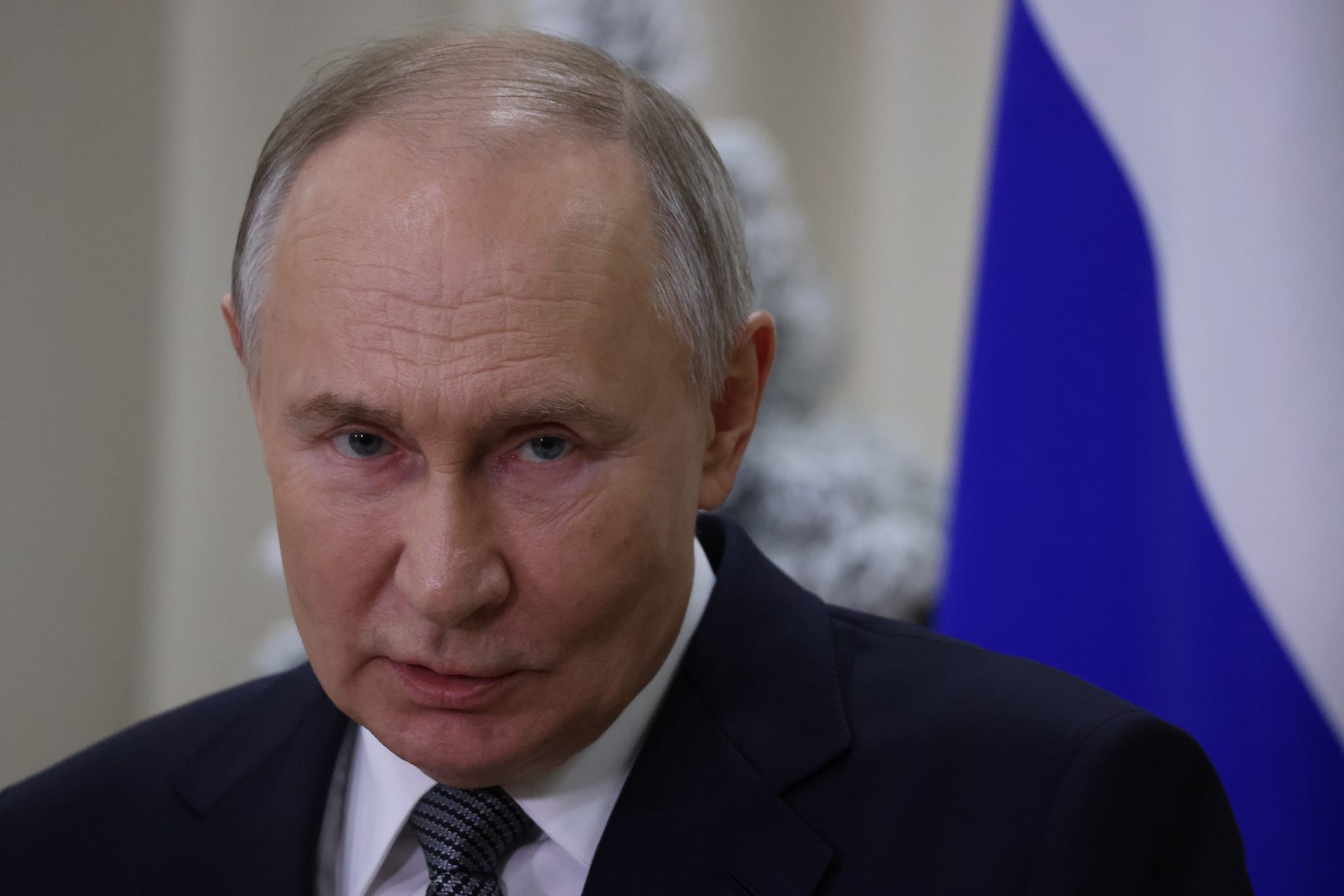Common ground? Russians and Ukrainians find peace and coexistence in this unlikely place
The Russian invasion of Ukraine has been one of the most defining conflicts in current-day Europe. However, there’s one place where Russians and Ukrainians can live together, in peace, and far from the war.
On one side, there is Russian President Vladimir Putin, who justifies the war, claiming that Ukraine is fundamentally part of Russia.
On the other side is Ukrainian President Volodymyr Zelensky, trying to lead the fight in an increasingly difficult war for his country’s survival.
However, there’s one place where, to everyone’s surprise, Russians and Ukrainians can live in a peaceful coexistence.
Image: bato8 / Unsplash
Montenegro is a small Balkan republic, smaller than New Jersey or Wales, with less than one million inhabitants.
Image: olgabrajnovic / Unsplash
According to EuroNews, out of 600,000 people who live in Montenegro, about 100,000 are of Russian or Ukrainian origin. That number has been going up since the start of the war.
EuroNews explains that the Mediterranean climate, and the Christian Orthodox culture makes Montenegro an attractive destination for Russians and Ukrainians.
Image: bato8 / Unsplash
However, instead of growing tension between Russians and Ukrainians, both are described by EuroNews as living peacefully in Montenegro.
Image: heftiba / Unsplash
“They feel like they have their home here and all the differences between people are overcome here”, says Aleksandar Lekic to EuroNews. He’s a priest from the Holy Trinity Orthodox Church (pictured here) in the coastal historical town of Budva.
“Everyone prays for peace”, claims the Orthodox priest. “This war does no one any good and everyone prays for peace to come. That’s why they gather in this temple”.
Image: vasilechak / Unsplash
One reason could be that many Russians don’t agree with the war, with many fleeing from Putin’s authoritarian rule.
Pictured: Russians and Ukrainians protesting the war in Montenegro in Podgorica, on February 2023.
Back in 2022, Reuters reported that thousands of Russians were arriving in Montenegro, running away from economic sanctions, military conscription, or political oppression.
Reuters highlights that Montenegro, which is in the process of becoming part of the European Union, also received quite a few Russian businesses seeking to relocate in the wake of the war.
It’s no secret that Russia and Ukraine share deep ties. From the Middle Ages onwards, power in the region shifted between Kyiv and Moscow, but still were bound by language, religion, and culture.
Image: aurelien_romain / Unsplash
During the Russian Empire, it was said that the Tsar ruled over White Russia (Belarus), Lesser Russia (Ukraine) and Greater Russia (the Russian Federation), showing that cultural and social differences arose between them.
During the Russian Revolution, Ukraine attempted to declare independence from Moscow, but the Bolsheviks quickly stamped out this attempt.
It wasn’t until the fall of the Soviet Union in the early 1990s when Ukraine was constituted as an independent nation.
However, with conflicts over Crimea in the 2010s and the Russian invasion of Ukraine in the 2022, is it possible by these Slavic sibling nations to find peace and coexistence?
More for you
Top Stories



